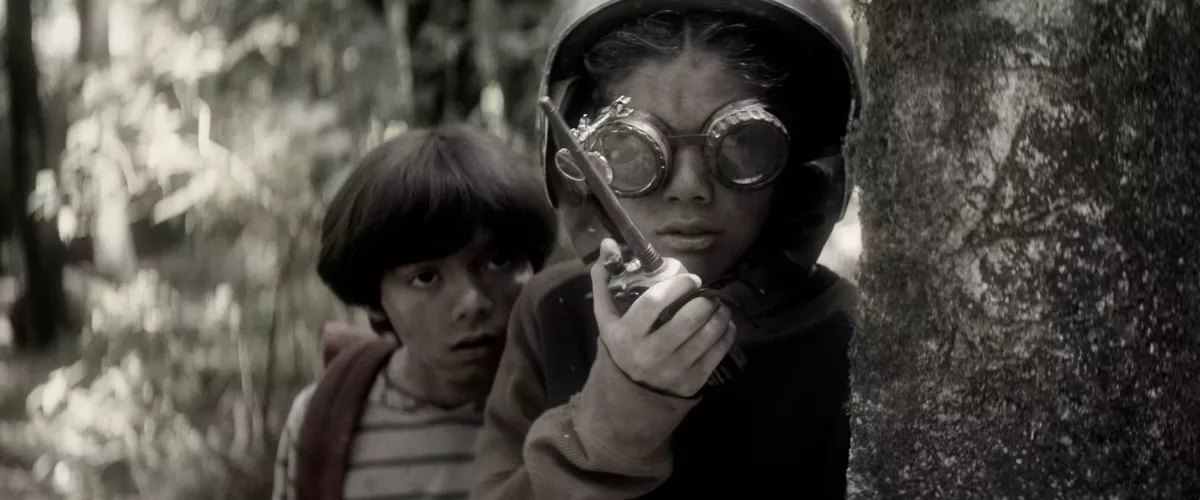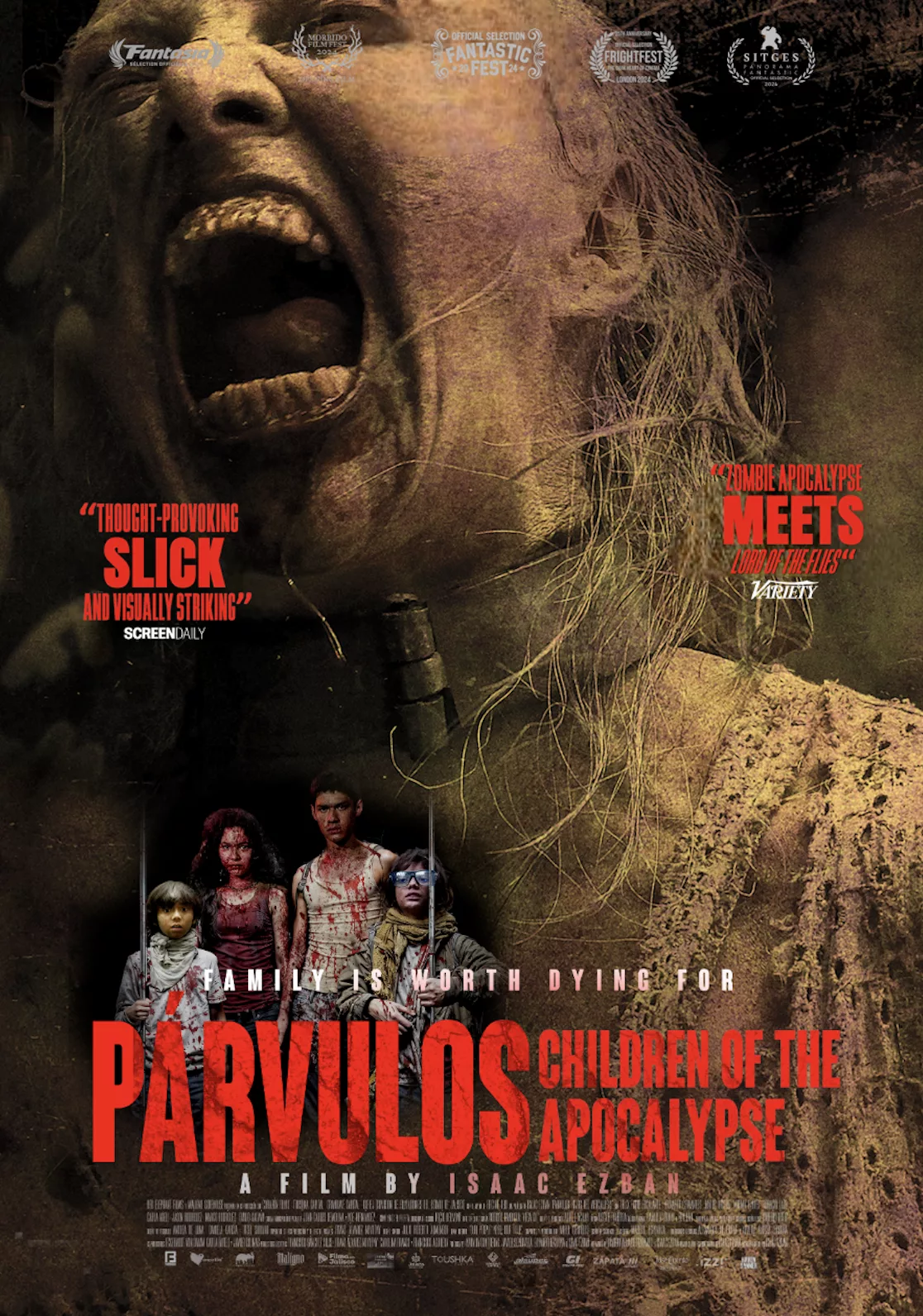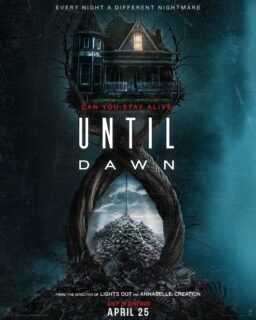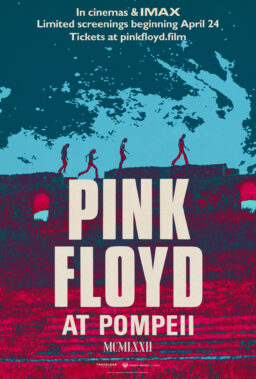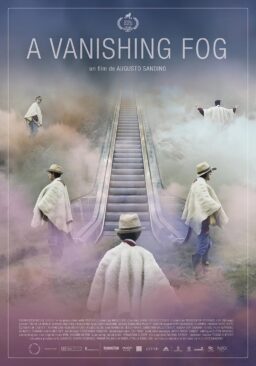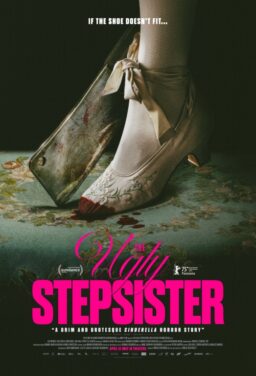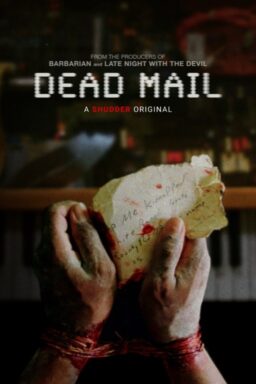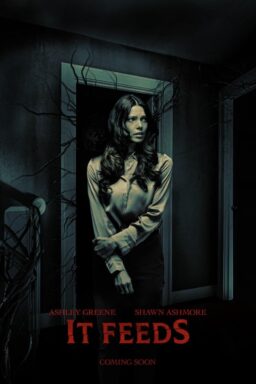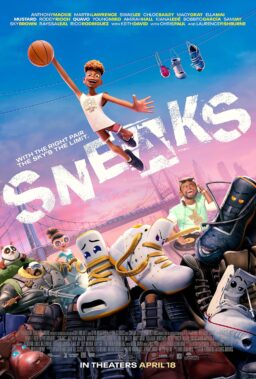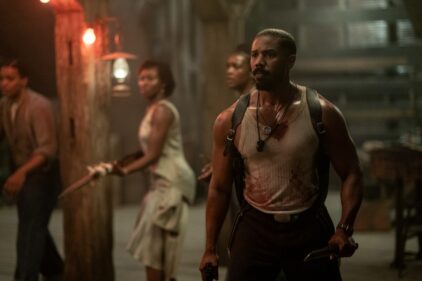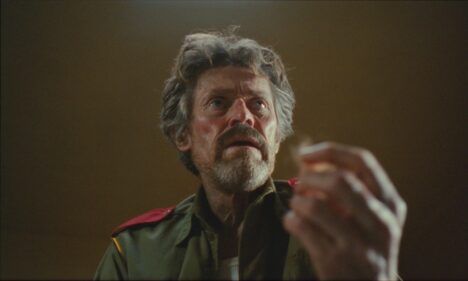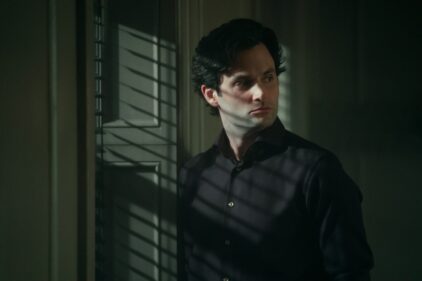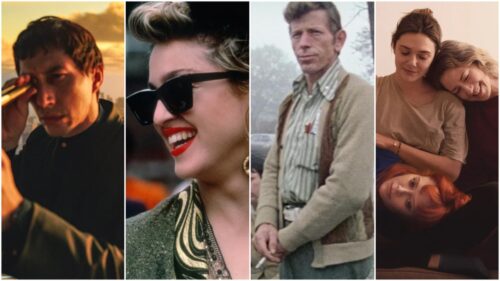“There are only two true constants in the world: Family and change.”
So narrates Oliver (Leonardo Cervantes) in the opening minutes of Isaac Ezban’s latest genre excursion, the grisly, bittersweet “Párvulos: Children of the Apocalypse.” It’s a lesson he learned in his Natural History class, he says, as the desaturated cinematography hones in on wildlife making its way through the world. He’s the middle of three children living by themselves (sort of) in a gate compound in the forested outskirts of Jalisco; his older brother, Salvador (Felix Farid Escalante), who has only one leg for reasons we won’t learn for a while, struggles to keep him and the youngest, Benjamin (Mateo Ortega), alive.
We intuit quickly that the world has suffered some kind of viral cataclysm, and these three children have had to learn to make their way through the world by themselves without civilization to support them. Their only source of peace (and the film’s only source of color, in a fascinating visual move care of cinematographer Rodrigo Sandoval Vega Gil) are the crayons and pictures strewn throughout their house, as well as the one record and one movie (funny enough, Ari Folman’s heady, philosophical pseudo-animated sci-fi film “The Congress“) they have between them. It’s a kind of life, albeit in a “Lord of the Flies” meets “Dawn of the Dead” kind of way.
Where are the missing Mom and Dad, you may ask? Well, Ezban tries to keep that a secret for the film’s first act, though the rumblings and crunchings of the ravenous “monster” in the basement that Salvador tries to keep Benja from ever seeing lead you towards a very clear conclusion. Suddenly, all the “Hansel and Gretel” books, and the kids’ reticence to leave for safer climes, becomes a bit clearer.
Ezban and co-screenwriter Ricardo Aguardo-Fentanes shift the conventions and tropes of the zombie movie into something of a twisted domestic f0lktale, the story of three children forced to grow up far sooner than they expected, and what happens when they’re not ready to let go of childhood just yet. In our initial reckonings, the three boys have something of a Lost Boys quality to them: there’s a quaint charm to their improvised armor and the way they bicker about whether to eat a frog Benja really wants to keep as a pet. Salvador himself has to grow up quickly, assigning himself the role of patriarch while wolfing down chopped up worms for protein and trying to make time for other adolescent pursuits best left private. The three leads are equally compelling here, a trio suffused with believable chemistry and relatable vulnerability that puts all the bone-crunching gore and blood in sharp relief.
It’s a good thing, too, because “Párvulos” (Spanish for “preschoolers”) needs a steady throughline to weather all of Ezban and Aguardo-Fentanes’ shifting tones and offbeat ideas. After the reveal of the creatures’ true identity takes shape, the domestics grow ever more darkly comic, as the kids learn more about them and whether they can be, for lack of a better term, tamed. Taking them on walks, organizing a bizarre, flesh-eating Christmas dinner, it’s all delivered with an idiosyncratic, almost “Shaun of the Dead” style tongue planted firmly in cheek. These ideas, and the arch tone Ezban plays with, are the film’s most interesting.
In the second half, however, when the presence of several other flavors of human intrude upon the proceedings, “Párvulos” starts to lose a bit of focus. There’s the “witch” Valeria (Clara Adell), a lone survivor who finds herself uniquely positioned to worm her way into the family unit through Salvador’s budding sexual interest. Or the band of religious zealots (led by Noe Hernandez) who think anyone outside their devout cult of fanatics must be killed to repair the world. They serve as welcome changes to the dynamics we’ve seen thus far, suitably adult challenges for our child protagonists to overcome in this harsh, unrelenting world. But they also seem vestigial and suffer from a distinct lack of development necessary to really hammer home their puncturing of the undead idyll we’ve been given.
There’s also, frustratingly, a bit of weird anti-vaxx lore surrounding the origins of the virus (“The world went to shit because of a poorly tested vaccine” cries one character, and probably also Alex Jones somewhere), which puts a sour taste in the mouth even as you recognize it’s one of many genre contrivances we’ve seen to get to a zombie apocalypse. It’s not a complete dealbreaker, but it just tragically reminds you of the kinds of folks who think these kinds of conspiracies are real.
That said, “Párvulos” remains a largely successful, if sometimes too idiosyncratic, take on the zombie story. The creature prosthetics remain grisly fun, and even among the washed-out cinematography, the blood thrums with crimson terror in one gory sequence after another. Those moments are stark reminders of the innocence these kids have lost, and the curious ways in which it persists even when the world tries to beat it out of them.

